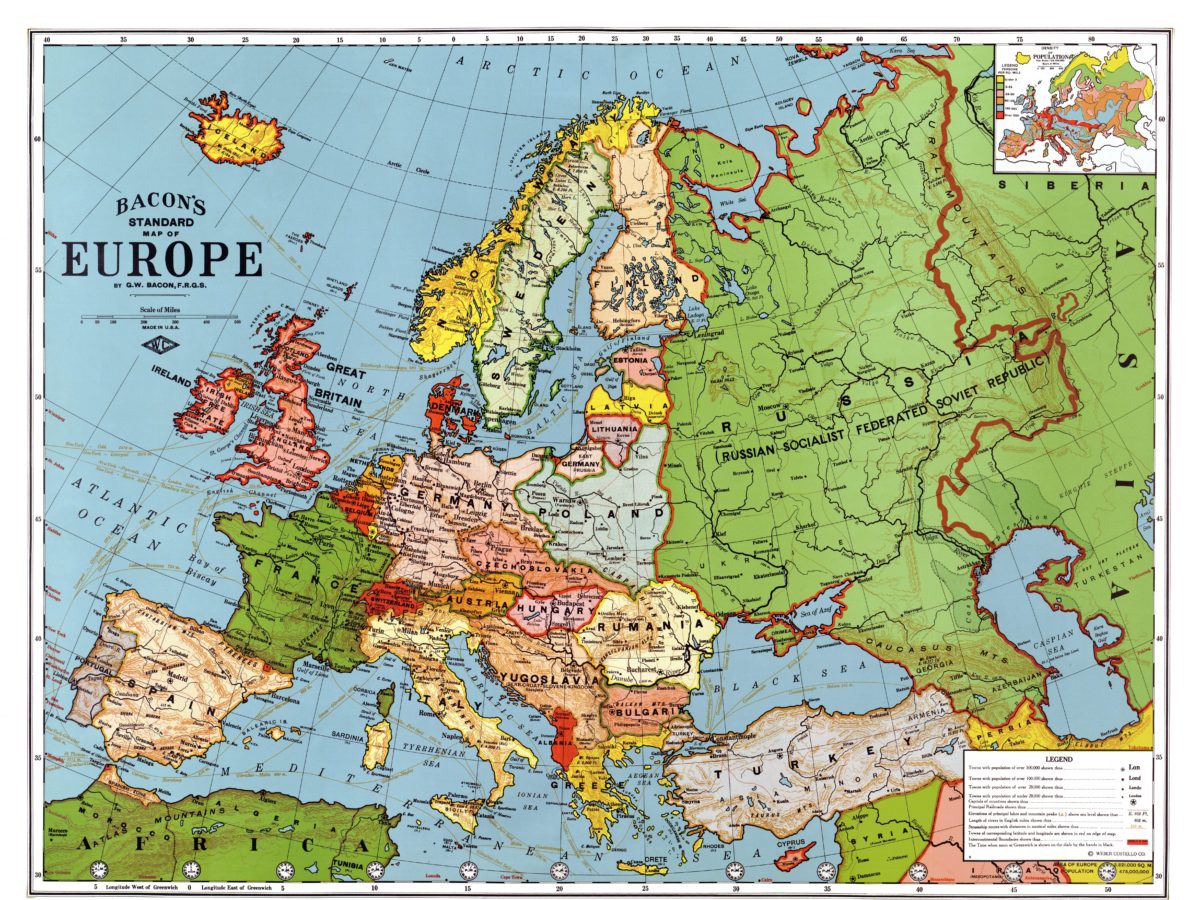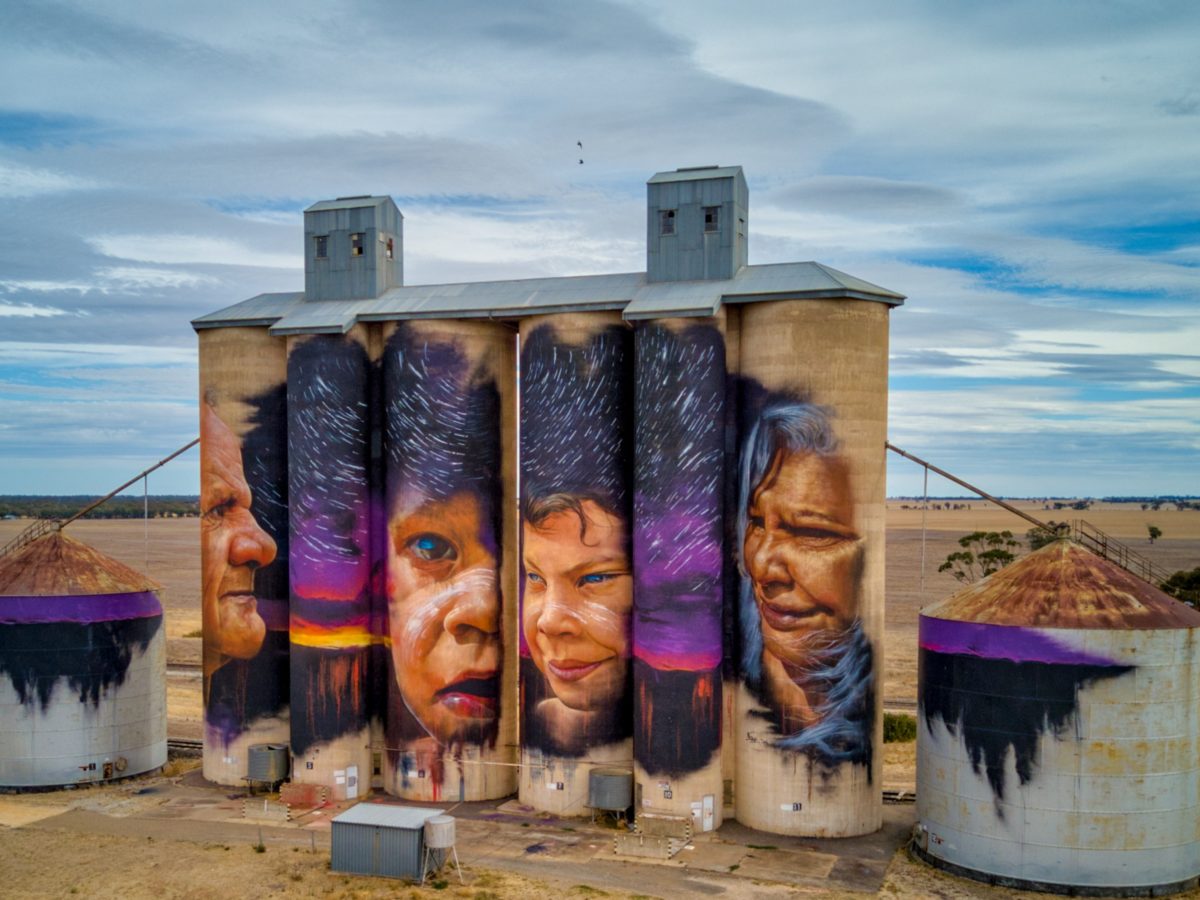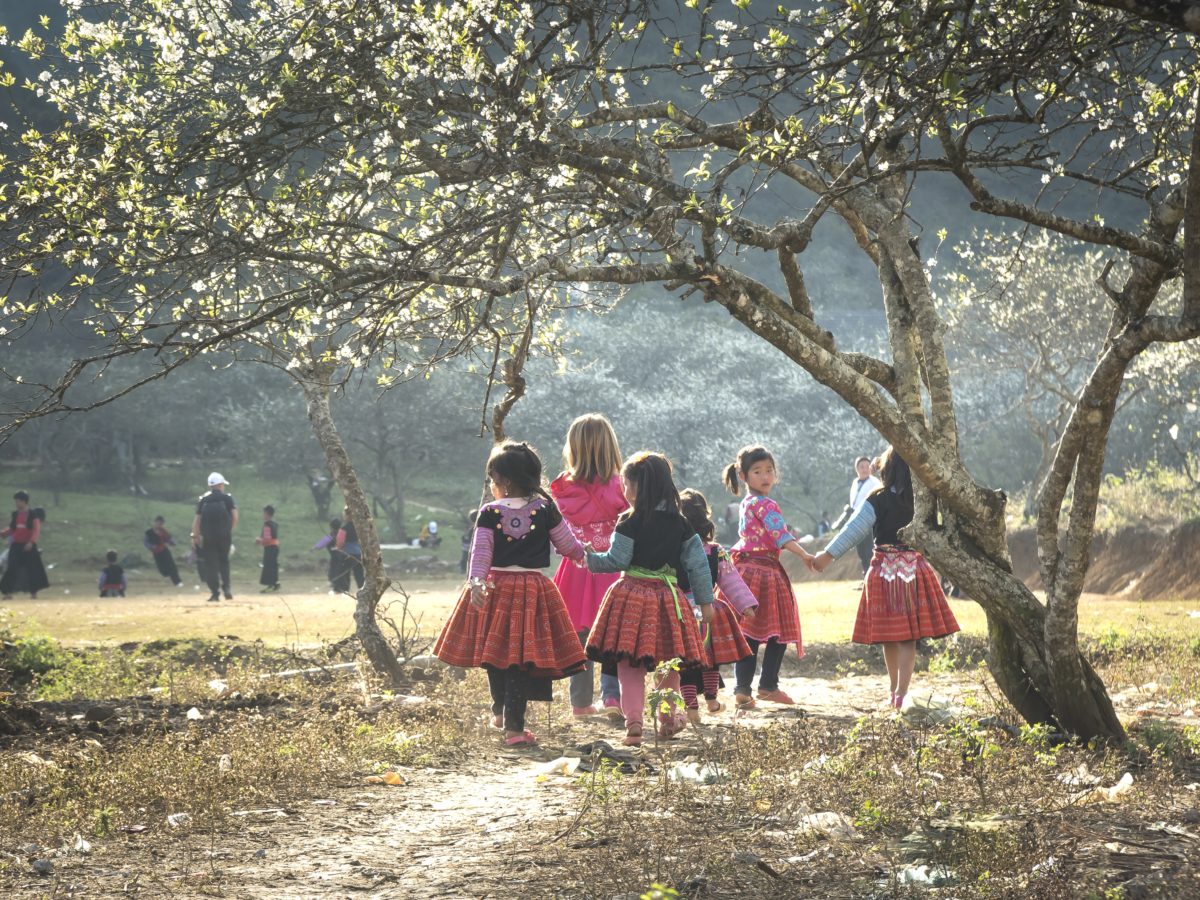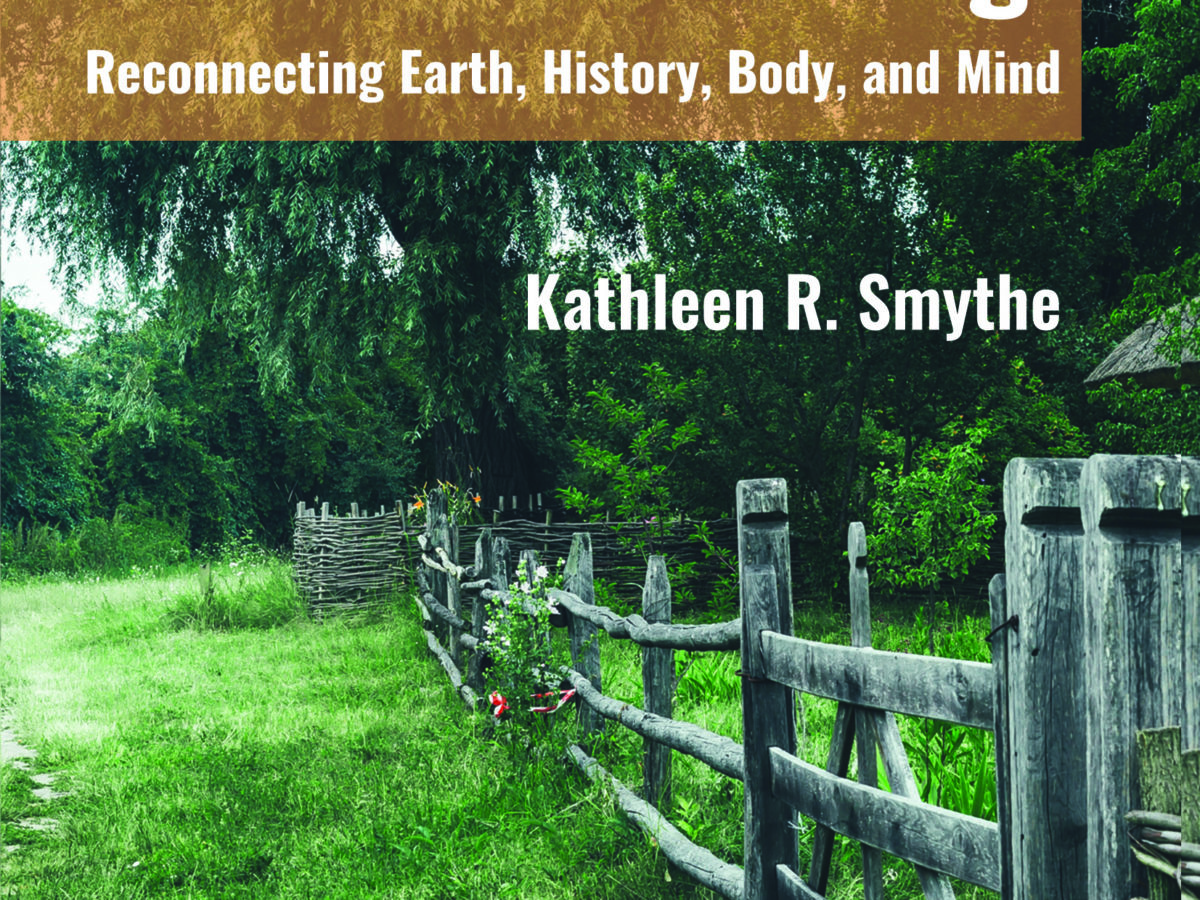In this briefing, we delve into how different communities of interest describe wellbeing and use it to improve lives. Broadly speaking, these discussions embrace personal wellbeing, community wellbeing, and societal wellbeing. We end with a short discussion of how these concepts are used by governments to promote wellbeing of populations.
Search results
Testing Justice: New Ways to Address Environmental Inequalities
This article draws from critical race theory to propose seven requirements for conducting convergence research with Indigenous scholars and communities.
Positive psychology and the end of economics
The findings from Positive Psychology have profound implications for economics. We have created an economy which satisfies our “mis-wants”, which inevitably result in many social pathologies. Secular trends are towards a “well-being” based economy; government policy should accelerate these trends on public health grounds.
From Monocapitalism to Multicapitalism: 21st Century System Value Creation
This article is excerpted from a white paper of the same title published in December 2020 by r3.0 (Redesign for Resilience & Regeneration). The piece makes the case that the current form of capitalism is fatally flawed, as it focuses exclusively on the growth and concentration of a single capital – financial capital – and that the very survival of the human species depends on transitioning from the Monocapitalism to Multicapitalism, which focuses on dynamic balance between the capitals, respecting their carrying capacity thresholds.
Europe’s 21st Century Insurance Plan for Recovery & Renewal
This is the first publication in a global series urging new economic thinking and application in the wake of the COVID-19 pandemic and in preparation for future climate, biodiversity, and health crises. The publication sets out a possible 21st Century insurance plan for Europe’s long-term economic recovery and renewal. The time is ripe to build on years of transformational change and systems logic, immediate policy changes spurred by the European Green Deal and growing citizen openness for a healthier, more sustainable and more resilient future post COVID-19.
How can Australian agriculture and land management adapt to climate change in a way that promotes Indigenous leadership and sustainable development?
Australia is one of the countries most vulnerable to the effects of climate change such as reduced rainfall and increased bushfires. It is now at a crossroads with its agriculture and land management regimes, and needs to strategically adapt its policy approach to incorporate global sustainable development principles. Key ways forward will be much greater engagement with Aboriginal and Torres Strait Islander people; a focus on regenerative and sustainable agriculture and land management; and greater prioritisation of social equity in national resource management.
The answer is not Eco-Socialism … It is Eco-Anarchism
Part 1 of this discussion dealt with differences between Socialist and Anarchist perspectives on the global situation and on implications for the form a sustainable and just society must take. Part 2 explains how an understanding of our situation and the social form required to resolve it leads to implications for revolutionary strategy which also contradict those within traditional Socialist theory and practice.
Editorial Vision for Solutions in History
In this article Kathleen R. Smythe describes her vision for the re-launch of the Solutions in History section of our magazine. We hope you will contribute!
Get Smart™: leveraging student social entrepreneurship and university-community engagement through co-curricular programs to facilitate COVID-19 awareness in rural western Kansas and global online student populations
In March 2020, early in the COVID-19 pandemic, the leaders of the Honors College and the Center for Entrepreneurship in the Robbins College of Business and Entrepreneurship at Fort Hays State University identified a potential solution to the double problem of the interruption of student engagement activities and the need for increased COVID awareness. They worked with their students to develop a social entrepreneurship initiative called “Get Smart About COVID-19” ™ that linked students with each other, with campus and community partners, and with local businesses to explore COVID science and mitigation through online workshops. These workshops continue to grow and develop as more partners come online.
A review of Whole Earth Living by Kathleen Smythe
This article reviews Kathleen Smythe’s Whole Earth Living: Reconnecting Earth, History, Body, and Mind. The work is a deep meditation on human history and what true sustainability could and should look like. The author of the review describes this work as a much-needed book at this major junction point in human history.










